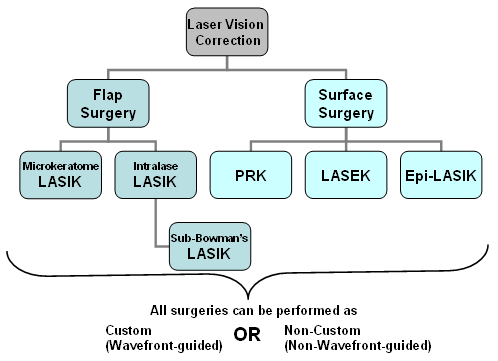The Reality About Refractive Lens Exchange: What Your Eye Doctor Might Not Reveal
The Reality About Refractive Lens Exchange: What Your Eye Doctor Might Not Reveal
Blog Article
Content Author-Bennetsen Sandberg
Have you ever before considered Refractive Lens Exchange (RLE) as an option for vision modification? While it isn't as commonly reviewed as LASIK, RLE could be a game-changer for your eyesight. Many individuals ignore its benefits, assuming typical approaches are their only choice. But what are the genuine benefits, and what might your optometrist not be telling you about this treatment? Let's discover the ins and outs of RLE together.
Recognizing Refractive Lens Exchange: The Fundamentals
Refractive lens exchange (RLE) is a surgical procedure that can considerably boost your vision, particularly if you're dealing with presbyopia or extreme refractive errors.
Throughout RLE, your eye surgeon eliminates your eye's natural lens and replaces it with a man-made one customized to your vision requires. https://www.medgadget.com/2019/06/lasik-eye-surgery-market-2023-scenario-highlighting-major-drivers-trends-demand-business-insights-and-revenue-status-by-top-key-players.html can fix nearsightedness, farsightedness, and astigmatism, providing you clearer vision without depending on glasses or contact lenses.
The surgery is commonly quick, taking less than an hour, and the majority of clients experience minimal pain. Recovery is relatively quick, enabling you to go back to your day-to-day tasks quickly after.
If you're considering RLE, talking to your eye doctor can aid you identify if it's the best option for you.
Trick Differences Between RLE and Standard Cataract Surgical Procedure
While both refractive lens exchange (RLE) and typical cataract surgical procedure include changing the eye's all-natural lens, their primary objectives and patient profiles differ dramatically.
RLE is targeted at individuals looking for to reduce their dependence on glasses or contact lenses due to refractive errors, usually before cataracts establish. In contrast, typical cataract surgical procedure normally targets clients who have actually developed cataracts, which cloud the lens and harm vision.
The lenses made use of in RLE can offer a wider range of vision improvement, while basic cataract surgery typically includes basic monofocal lenses.
Additionally, RLE prospects are typically younger and in great overall health and wellness, whereas cataract clients might be older and have various other health and wellness concerns.
Selecting the best procedure depends on your specific vision requirements and conditions.
Possible Benefits and Considerations of RLE
If you're taking into consideration refractive lens exchange (RLE), you'll find a number of potential benefits that may enhance your quality of life.
RLE can offer you with more clear vision, minimizing or removing the need for glasses or contact lenses. It offers a chance to address presbyopia and other refractive errors concurrently, frequently enhancing your general visual acuity.
Furthermore, RLE can be a fantastic choice if you're not an appropriate candidate for LASIK. Nevertheless, it is very important to weigh the factors to consider, like the price, prospective risks, and the healing duration.
Discussing your certain needs with your optometrist can aid you make an informed decision, ensuring you select the best course for your vision correction.
https://www.ophthalmologytimes.com/view/research-femtosecond-lasers-challenge-phacoemulsification , refractive lens exchange offers a distinct option for vision correction that exceeds what LASIK can provide. It's vital to evaluate the benefits versus possible risks and prices before deciding. Do not hesitate to ask your ophthalmologist the hard inquiries to ensure you completely understand the procedure and its implications for your vision. With the right information, you can with confidence pick the very best choice for your eyes and lifestyle.
